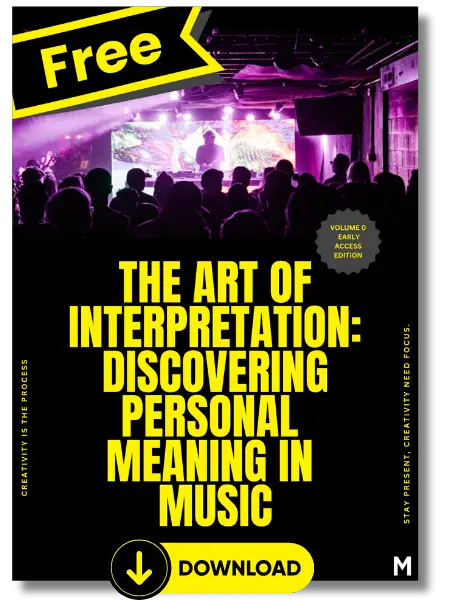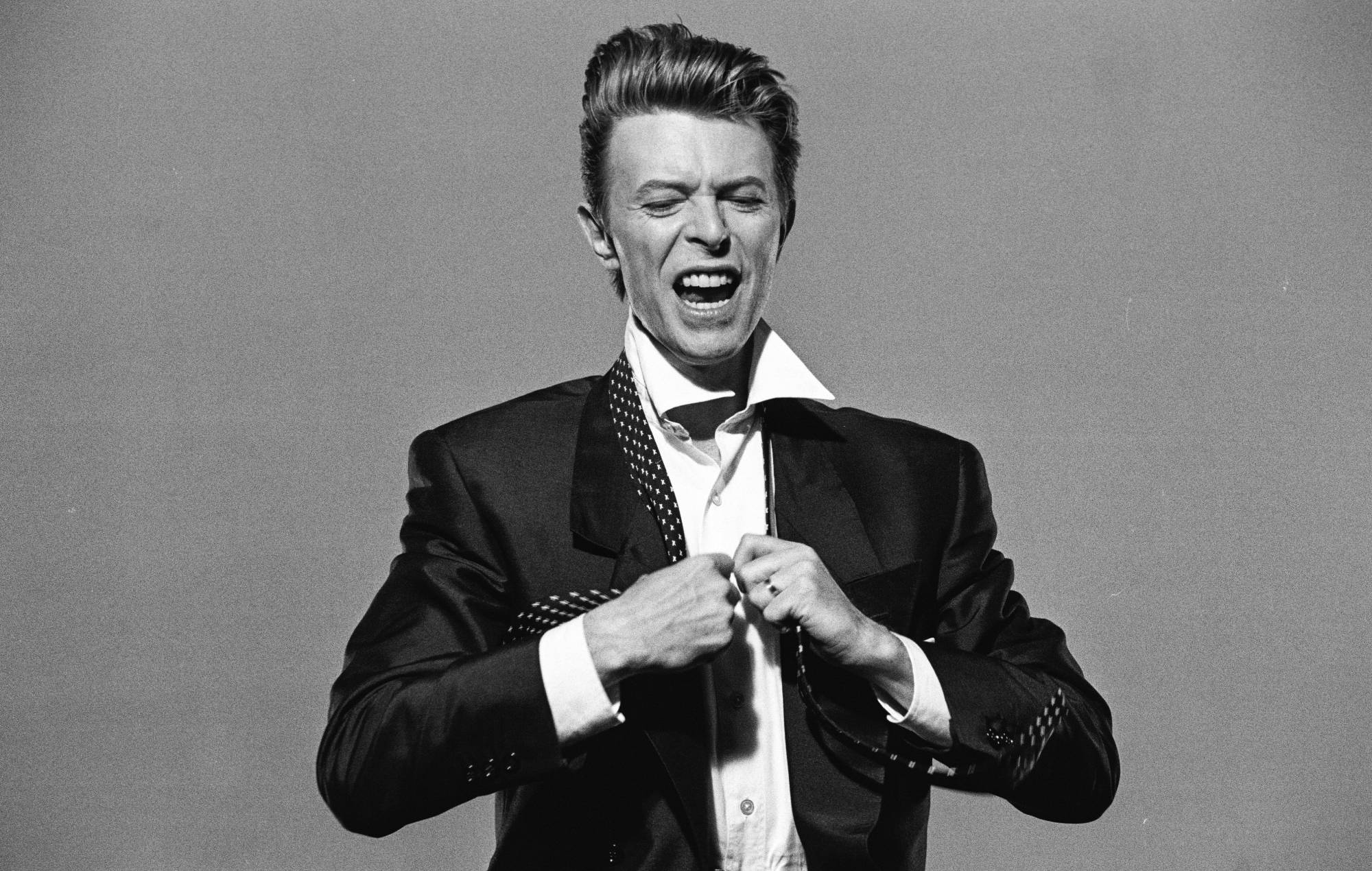Image C/O Gracie Abrams

In this article, I will dive into Gracie Abrams’ song “Close to You,” using my background in creative writing to analyze the lyrics through the lens of pop culture and film. These thoughts are just my opinions and interpretations, but my goal is to offer a fresh perspective on the song by connecting it to themes we’ve seen across other art forms. It’s a great opportunity to stretch the comparisons to modern fiction and cinematic storytelling and explore how timeless emotions — like desire, risk, and vulnerability — are echoed in film and popular culture.
The song, which fans have been waiting for seven years, explores wanting someone who may not even notice you. By connecting her lyrics to movies like Romeo + Juliet or Blue Valentine, we can see how these themes of longing and unreciprocated love have been explored in different ways. This approach will allow us to break down how Abrams’ lyrics resonate with those universal, cinematic experiences we see reflected on screen.
If you’re excited to dive deeper into song lyrics and uncover your meanings, I encourage you to download my free eBook, The Art of Interpretation: Discovering Personal Meaning in Music. In the eBook, I walk you through practical steps to engage with lyrics more thoughtfully, helping you discover new layers of meaning that connect to your experiences. Whether you’re a longtime fan of lyric analysis or just beginning to dig beneath the surface, the eBook offers a guide for finding new insights and making music more personally significant. Download it today and start exploring music from a fresh perspective!
Gracie Abrams Close To You Lyrics
I don’t got a single problem with provocative
See the bodies, how they burn, it’s just the way it is
Smoky, dark, crowded room, I need nothing
Under pink light in June (ah-ah-ah)
I was so cool, but then, all of a sudden
You saw me look at you
I burn for you
And you don’t even know my name
If you asked me to
I’d give up everything
To be close to you
Pull the trigger on the gun I gave you when we met
I wanna be close to you
Break my heart and start a fire, you got me overnight
Just let me be
Close to you, close to you, close to you
(Just let me be) oh, close to you, close to you, close to you
And now your mouth is moving, cinematic timing
You pull me in and touch my neck, and now I’m dying
You should be mine for life, I’ll be signing
Every dotted line (ah-ah-ah)
Chemical override, ultraviolet
You could be mine tonight
And I burn for you
And you don’t even know my name
If you asked me to
I’d give you everything
To be close to you
Pull the trigger on the gun I gave you when we met
I wanna be close to you
Break my heart and start a fire, you got me overnight
Just let me be
Close to you, close to you, close to you
(Just let me be) oh, close to you, close to you, close to you
I burn for you
Mm
To be close to you
Pull the trigger on the gun I gave you when we met
I wanna be close to you
Break my heart and start a fire, you got me overnight
Just let me be
Close to you, close to you, close to you
(Just let me be) oh, close to you, close to you, close to you
(Just let me be) oh, close to you, close to you, close to you
oh, close to you, close to you, close to you
Gracie Abrams Close To You Meaning
“I Don’t Got a Single Problem with Provocative”
The narrator opens by confidently stating, “I don’t got a single problem with provocative,” which tells us right away that they’re comfortable with boldness, risk, and intensity. The word “provocative” suggests that they’re drawn to feelings or situations that might be seen as daring or even dangerous.
When they say, “See the bodies, how they burn, it’s just the way it is,” it’s clear that they understand the potential for destruction in their pursuit of this relationship. “Burning bodies” here could symbolize how people sometimes get consumed by their desires, with love turning into something that overwhelms and possibly harms.
This acceptance of love’s fiery, risky nature reminds me of “Romeo + Juliet”, where Juliet acknowledges that her love for Romeo is fraught with danger. When she says, “My only love sprung from my only hate,” she accepts that this powerful attraction to Romeo could lead to tragedy. Just like the narrator, Juliet isn’t afraid to engage with something she knows could end badly, because the feelings are too strong to resist.
Both the narrator and Juliet seem to understand that passion often comes with consequences, but they’re okay with that.
“Smoky, Dark, Crowded Room, I Need Nothing”
In these lines, the narrator paints a vivid picture of their surroundings: “Smoky, dark, crowded room, I need nothing.” The scene is set in a hazy and disorienting place, with the smoke and darkness making it hard to see clearly. Yet, despite the crowd of people around them, the narrator feels like they “need nothing” but the presence of the person they’re focused on. This suggests their desire is so powerful that it blocks everything else. The only thing that matters to them is being close to the object of their affection, even if they’re in a chaotic or confusing environment.
This scene brings to mind the movie Atonement, in which others often surround Robbie and Cecilia, but they seem oblivious to everyone around them. There’s a famous scene where they meet in a crowded party, yet their connection makes everything else disappear for a moment.
[embed]https://youtube.com/watch?v=a16zaU2_X28&si=HzchR3t1pQeV-7Qe[/embed]In the same way, the narrator here is lost in their own world, where the person they desire is the only thing that stands out in an otherwise overwhelming setting. The contrast between the smoky, crowded room and the narrator’s singular focus shows just how all-consuming their feelings are.
“I Was So Cool, But Then, All of a Sudden / You Saw Me Look at You”
These lines reflect a shift in the narrator’s emotional state. At first, they describe themselves as “cool,” meaning they felt confident and in control. They could maintain a sense of composure, perhaps even keeping their feelings hidden. But then, “all of a sudden,” something changes. The person they desire catches them looking, and their cool facade breaks in that moment. Being seen — of being noticed by the person they’re longing for — makes them vulnerable, and everything changes instantly.
This sudden shift reminds me of “Blue Valentine,” where Dean’s cool, easygoing personality starts to fall apart as he becomes more attached to Cindy. When he first meets her, he’s relaxed and charming, but his vulnerability begins to show as his feelings deepen. He can no longer keep his emotions at bay, just like the narrator here. The moment of eye contact in the song marks a turning point where the narrator’s internal emotions become exposed, signaling the beginning of a deeper emotional connection — or perhaps, the start of their heartbreak.
“I Burn for You / And You Don’t Even Know My Name”
The line “I burn for you” captures the intensity of the narrator’s feelings. To “burn” for someone is to feel a deep, passionate longing that consumes you from the inside. This type of desire can be both exhilarating and painful, as the fire of their emotions grows stronger with each moment they remain unnoticed. When they admit, “And you don’t even know my name,” the painful reality of their unreciprocated feelings is revealed. They are pouring all of this emotion into someone who might not even realize they exist, which adds a layer of sadness and isolation to their burning desire.
This idea of burning for someone who doesn’t know your name reminds me of “Atonement” again, particularly Robbie’s letter to Cecilia, where he confesses, “You are my desire.” Robbie is consumed by his feelings for Cecilia, just like the narrator in the song. However, the difference is that Cecilia knows Robbie, while the narrator here is completely unknown to the person they desire. This unreciprocated longing heightens the sense of frustration and isolation, making their burning feelings all the more intense. It’s a powerful image of wanting someone so deeply, yet being invisible to them.
“If You Asked Me To / I’d Give Up Everything / To Be Close to You”
Here, the narrator takes their feelings a step further, expressing a willingness to sacrifice everything to be close to the person they desire. The phrase “I’d give up everything” shows the depth of their devotion and how much they’re willing to lose in order to achieve even a moment of closeness. The repetition of “close to you” throughout the song underscores how this proximity, both emotional and physical, has become an obsession. They’re not asking for a relationship or love in return — simply being “close” is enough for them.
This reminds me of Romeo’s line in “Romeo + Juliet” where he says, “My life were better ended by their hate, than death prorogued, wanting of thy love.” Romeo would rather face death than live without Juliet’s love, and that echoes the narrator’s willingness to give up everything for even the smallest chance to be near the one they desire. Both Romeo and the narrator are driven by a powerful longing that makes them willing to risk everything, even their lives or their identities, just to feel close to the object of their affection.
“Pull the Trigger on the Gun I Gave You When We Met”
This line introduces a metaphor of danger and trust. By saying “Pull the trigger on the gun I gave you when we met,” the narrator is essentially handing over their heart and allowing the other person the power to hurt them. The gun represents vulnerability — the narrator is giving this person the tools to break their heart, knowing full well that it could lead to pain. The use of the word “trigger” adds an element of risk, as though the narrator is daring the other person to take that final step and either solidify or destroy the relationship.
“Blue Valentine” shows a similar dynamic in Dean’s relationship with Cindy. Dean gives himself fully to her, despite knowing that love can be painful. In one scene, he says, “I didn’t want to be somebody’s husband, and now I am someone’s husband,” showing that he’s given Cindy the power to define his identity, for better or worse. Like the narrator in the song, Dean is handing over his emotional well-being to someone else, fully aware of the potential consequences. The risk is always there, but the desire to be close outweighs the fear of getting hurt.
[embed]https://youtube.com/watch?v=bXZmV66ZRV0&si=yENJ77c72kUD7bJ5[/embed]“Break My Heart and Start a Fire, You Got Me Overnight”
In this final section, the narrator fully embraces the possibility of heartbreak. By saying, “Break my heart and start a fire,” they are acknowledging that love can be both destructive and transformative. The “fire” represents the passion they feel, which could either fuel the relationship or burn it down. The phrase “you got me overnight” shows how quickly they fell for this person, almost as if the attraction was immediate and overwhelming. There’s a sense of inevitability here — the narrator is prepared for their heart to be broken, but they’re still willing to take the risk.
This reminds me of Romeo’s quick, intense feelings for Juliet. When Romeo first sees Juliet, he says, “Did my heart love till now? Forswear it, sight!” suggesting that he’s fallen instantly and completely. Both Romeo and the narrator experience love as something that hits fast and hard, leaving them willing to face whatever comes next, even if it means heartbreak. The quickness of their feelings doesn’t diminish their intensity — in fact, it makes them all the more powerful and uncontrollable. For both Romeo and the narrator, love is something that happens suddenly, and the consequences, though risky, are worth it.
Themes, Meanings, and Main Takeaways

At its core, “Close to You” by Gracie Abrams explores themes of longing, vulnerability, and unreciprocated love. The song’s narrator is caught in a space where they feel a deep, burning desire for someone who may not even know they exist. This kind of unbalanced affection creates an emotional tension that echoes the feeling of yearning we often see in films like Romeo + Juliet or Blue Valentine. Much like Romeo, who risks everything to be near Juliet, the narrator in Abrams’ song is willing to give up “everything” just to be close to the person they desire. This captures a common theme in both song and film — the intense pull of love that leads people to make sacrifices, even in the face of potential heartbreak.
Abrams’ lyrics, especially the line “I burn for you / And you don’t even know my name,” highlight the painful truth of one-sided love, where the narrator feels all the emotion while the other person is seemingly unaware. This dynamic is explored in films like Atonement, where Robbie’s deep desire for Cecilia is all-consuming, even though circumstances keep them apart. Similarly, the narrator’s willingness to let the person “pull the trigger” on the metaphorical gun suggests a readiness to be hurt, paralleling characters like Dean in Blue Valentine, who offers everything to Cindy despite knowing that love can bring both joy and pain. The emotional vulnerability in both the song and these films reveals a universal truth about human relationships — the risk of getting close to someone often comes with the possibility of loss.
As noted in her 2024 concert reviews, Abrams’ live performances showcase this raw emotional energy, making her lyrics resonate even more with her audience. Much like the characters in these films, the narrator in Abrams’ song is willing to embrace the risk of pain, suggesting that the experience of love, no matter the outcome, is worth the sacrifice. This throughline between the song and the films mentioned shows that while love is often risky, the desire for closeness and connection is a deeply human need that transcends time and medium.
The post Gracie Abrams Close To You Lyrics And Meaning: Analyzing the Song Through Cinematic Stories appeared first on Magnetic Magazine.



